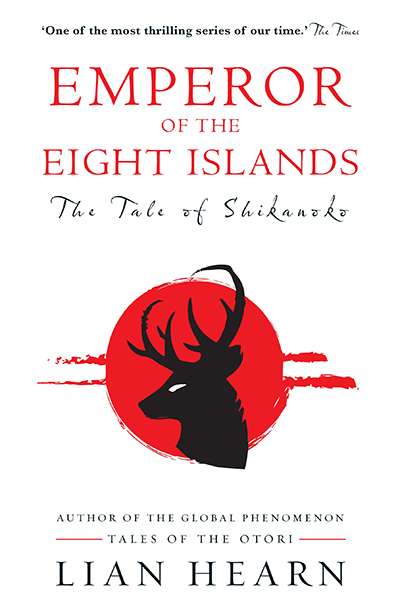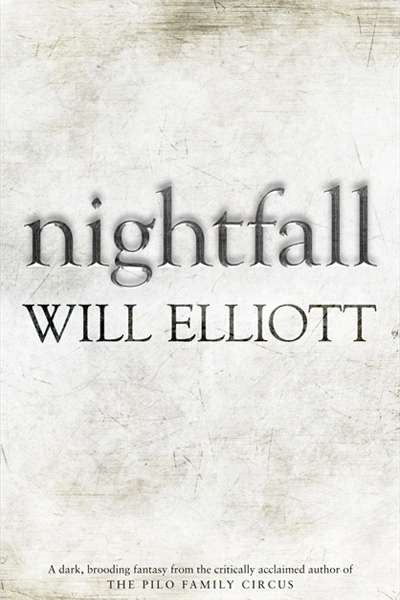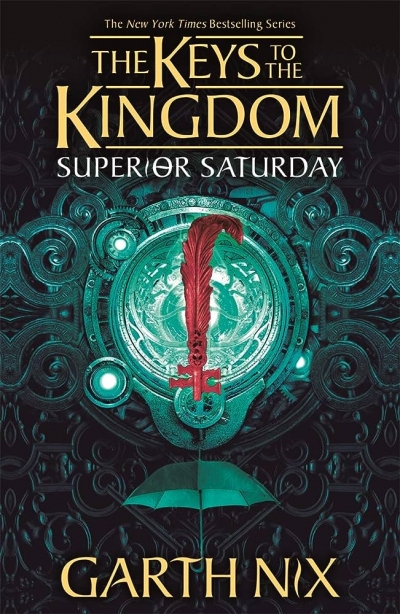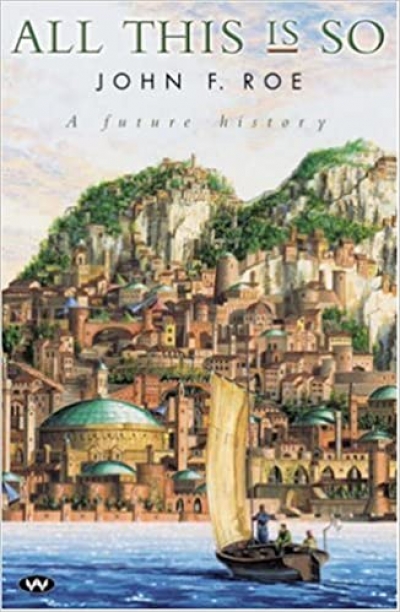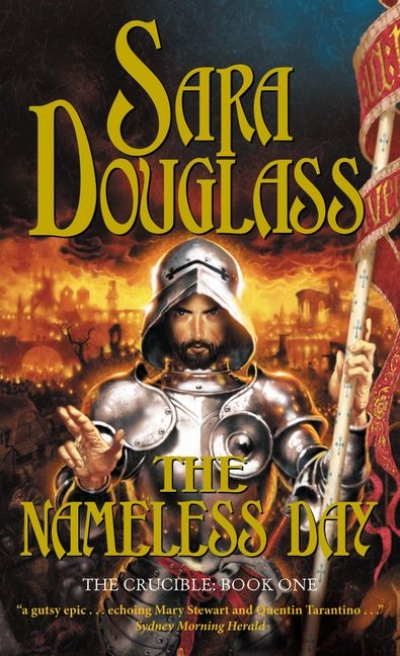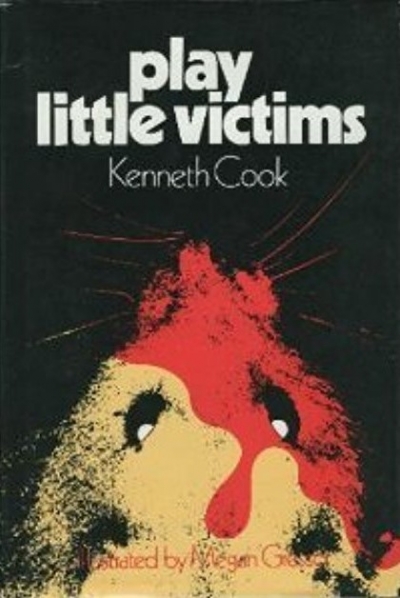Fantasy Novel
The Tale of Shikanoko: Emperor of the eight islands by Lian Hearn
Latent violence
Dear Editor,
In reviewing my biography of Clifton Pugh, Brenda Niall, a distinguished biographer herself, arrives at this puzzling last sentence: ‘Whether or not Morrison intended it … the Clifton Pugh of these pages emerges more as opportunist than true believer’ (ABR, February 2010). She states earlier that it surprises her that a large number of women were attracted to Pugh, and that I myself retained a measure of love for him until the end of his life.
... (read more)The Keys to the Kingdom: Superior Saturday by Garth Nix
Within a week of the recent release of Harry Potter and the Half Blood Prince, millions of children and adults around the world had read it. Now comes the long wait for the final tome in this cleverly designed series by the prolific J.K. Rowling. Nil desperandum. The fantasy novel for children – and especially crossover books which, like the Harry Potter series, appeal to both adults and children – has a long tradition, and there are a myriad other fantastic books to turn to, many of which have been written by Australian authors.
... (read more)
